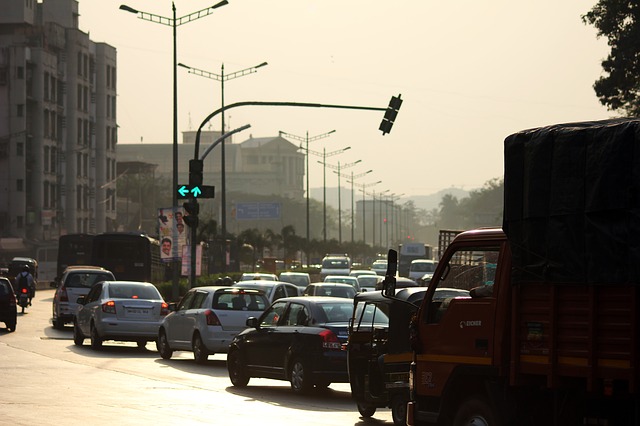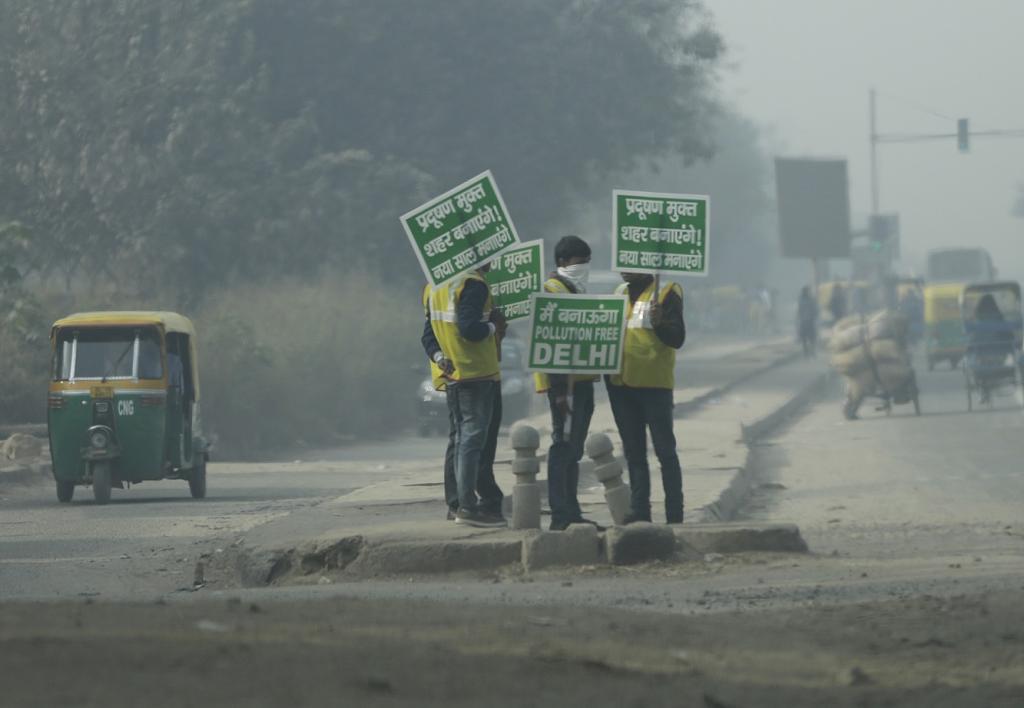
Delhi Chief Minister Arvind Kejriwal, in the national capital on Friday, announced the return of the odd-even car rationing scheme from November 4 to 15 to curb air pollution. Under the scheme, private vehicles will be allowed on roads on alternate days, depending on registration numbers – odd and even.Delhi CM Arvind Kejriwal, told a news conference on Friday, the scheme will result in a 10-13% reduction in pollution in winters when crop burning takes place in neighbouring states.
“We are procuring masks on a massive scale. We will make them available to the people for free. Will start making them available in October, so that people have them before November 1 when smoke starts coming. N95 category masks are being acquired,” he also added.Besides this, the Aam Aadmi Party chief mentioned that the Municipal Corporation of Delhi will also adopt mechanised sweeping and use water sprinklers to control dust. “We want to achieve 100% mechanised sweeping in Delhi,” he said.
Providing further details, the AAP chief said every ward will have two environment marshals to control polluting activities in that ward. Also, a massive plantation drive will also be undertaken and a helpline number will be released to ensure saplings are delivered to the people in their homes.
The city also aims to introduce 1,000 electric buses, Kejriwal said, as well as policies to promote other electric vehicles.
The scheme was implemented for the first time between January 1 and January 15 in 2016 after alarming levels of PM2.5 (Particulate matter) and PM10 concentration were recorded in Delhi’s air, making it one of the most polluted cities on Earth.
The plan was then re-introduced for 15 days in April, 2016 and five days in November, 2017. Under the programme, cars with their license plate number ending in an odd or even number were allowed on the roads on alternate days, with special exceptions for women, VIPs, etc. This time there will no such exceptions except in emergency cases.
While the Delhi government has hailed its flagship scheme as a huge success, several studies have said that the programme had very little or no impact in improving the air quality of the national capital.
New Delhi has been found to be the world’s most polluted capital city, according to several studies, plagued by vehicular and industrial emissions, dust from construction sites, and smoke from the burning of rubbish and crop residue in northern India. The most polluted months of the year are November, December and January, with pollution peaking in November in the Captial.
Amidst this, the NGT, during its hearing on November 11, 2017, asked the Delhi government to explain the rationale behind implementing the Odd-Even scheme. The green court asked the Kejriwal government if it was sure about the benefits of the road rationing system and that citizens would face no inconvenience because of it. The Central Pollution Control Board (CPCB) and the Delhi Pollution Control Committee (DPCC), meanwhile, told the green tribunal that two-wheelers are more polluting than four-wheelers and their emissions comprise 20 per cent of the total vehicular pollution.
The government, in its explanation, argued as winter approaches each year, wind speeds tend to drop after the monsoon season that ends in September, leaving smog and other pollutants hang in the air. The problem, then, exacerbates as people burst off fireworks to celebrate the Hindu festival of Diwali in late October or early November. One of the major causes of pollution, government also added, was the rampant crop burning in the neighbouring states of Haryana and Punjab.
Now, the latest announcement for another session of odd-even scheme has come as precautionary action. Arvind Kejriwal, stated on Friday, “Pollution levels have come down in Delhi recently, and we are determined and committed to bringing them down further and that is why we have decided to introduce these steps.”
CM Kejriwal also, however, added that the restrictions “will not be implemented in case the air pollution level does not cross the danger mark.”













